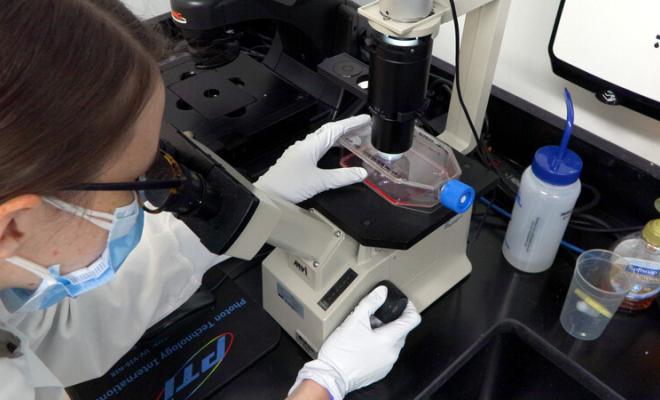Genetic therapies have the potential to work for any person with CF, regardless of their underlying CFTR mutations. Several types of genetic therapies are being developed for CF, including mRNA therapy, gene therapy, and gene editing, and they each come with different benefits and challenges.

mRNA therapy is one way to deliver the correct genetic instructions to cells, which would allow them to make functional CFTR protein regardless of an individual’s CF mutations.

Cystic fibrosis is caused by mutations in the gene responsible for producing the cystic fibrosis transmembrane conductance regulator (CFTR) protein. For this reason, scientists are exploring ways to provide a correct copy of the gene to treat CF.


For gene editing and gene replacement therapies to work in cystic fibrosis, specifically engineered DNA or RNA molecules need to get inside the cells of the lung or other organs affected by CF. The process of getting these molecules into cells is referred to as gene delivery.

Stem cells are a special type of cell that can divide and produce many other cell types. Scientists are studying how adult stem cells could be used to treat cystic fibrosis.